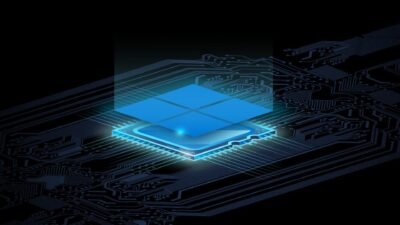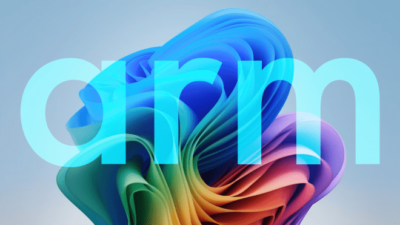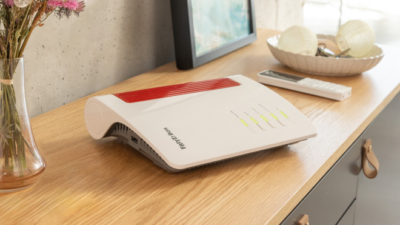FPGA and Artificial Intelligence: Unlocking New Potentials in AI Hardware

Artificial Intelligence (AI) has rapidly evolved over the past few years, driven by advancements in machine learning algorithms, increased availability of large datasets, and significant improvements in computing hardware. While traditional processors like CPUs and GPUs have been the backbone of AI workloads, Field-Programmable Gate Arrays (FPGAs) are emerging as a powerful alternative, offering unique benefits that are reshaping the landscape of AI hardware.
What are FPGAs?
FPGAs are semiconductor devices that can be programmed after manufacturing to perform a variety of tasks. Unlike ASICs (Application-Specific Integrated Circuits), which are designed for specific tasks, FPGA ai is highly flexible and can be reconfigured for different applications. This reconfigurability makes FPGAs particularly suitable for a wide range of computational tasks, including those required for AI and machine learning.
Why FPGAs for AI?
- Parallelism and Customizability: FPGAs excel at parallel processing, allowing for the simultaneous execution of multiple operations. This is particularly beneficial for AI workloads, which often involve highly parallel tasks such as matrix multiplications in neural networks. Additionally, FPGAs can be customized to optimize specific AI algorithms, providing tailored hardware acceleration that outperforms general-purpose CPUs and GPUs.
- Low Latency: One of the significant advantages of FPGAs is their ability to deliver low-latency performance. In applications where response time is critical—such as autonomous driving, real-time data analytics, and high-frequency trading—FPGAs provide the rapid processing required to meet stringent latency requirements.
- Energy Efficiency: FPGAs can be designed to optimize power consumption, making them an energy-efficient choice for AI workloads. This is particularly important for edge computing applications, where devices operate on limited power budgets but still need to perform complex AI tasks.
- Flexibility and Upgradability: As AI algorithms evolve, so do the requirements for the underlying hardware. FPGAs offer the flexibility to adapt to new algorithms and standards through reprogramming, thus extending the lifespan of hardware investments and allowing for continuous optimization.
Applications of FPGAs in AI
- Data Centers: In data centers, FPGAs are being used to accelerate AI inference tasks. Companies like Microsoft have integrated FPGAs into their Azure cloud platform, enabling faster and more efficient processing of AI workloads.
- Edge AI: For edge devices, where computational resources are limited, FPGAs provide a powerful solution for running AI models locally. This capability is crucial for applications like IoT devices, drones, and autonomous vehicles, where quick decision-making is essential.
- Image and Video Processing: FPGAs are particularly well-suited for image and video processing tasks, including real-time object detection and facial recognition. Their ability to handle multiple streams of data in parallel makes them ideal for these compute-intensive applications.
- Healthcare: In the healthcare sector, FPGAs are being used for tasks such as medical image analysis and genomic sequencing, providing the speed and accuracy needed for diagnostic purposes.
Challenges and Future Directions
Despite their advantages, FPGAs also come with challenges. The complexity of FPGA programming requires specialized skills, which can be a barrier to widespread adoption. However, advancements in high-level synthesis (HLS) tools are making it easier for developers to design FPGA-based solutions using familiar programming languages like C++ and Python.
Looking ahead, the integration of FPGAs with other AI hardware, such as GPUs and TPUs (Tensor Processing Units), promises to create hybrid systems that leverage the strengths of each technology. As AI applications continue to expand, the demand for versatile, high-performance hardware will drive further innovation in FPGA technology.
Wrapping Up
FPGA for Ai represent a significant advancement in AI hardware, offering unparalleled flexibility, low latency, and energy efficiency. Their ability to be reconfigured for specific tasks makes them an ideal choice for a wide range of AI applications, from data centers to edge devices. As the AI landscape continues to evolve, FPGAs are poised to play a crucial role in enabling the next generation of intelligent systems.
Alexia is the author at Research Snipers covering all technology news including Google, Apple, Android, Xiaomi, Huawei, Samsung News, and More.












